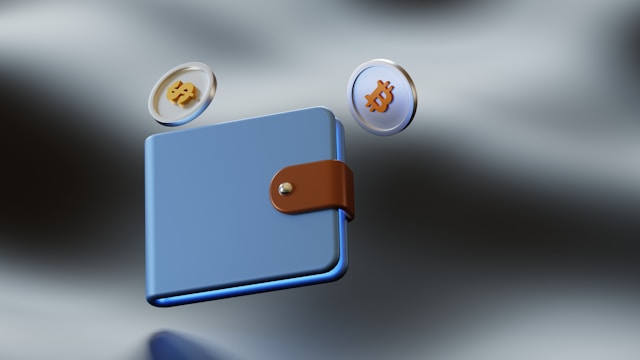- Change theme
Your Digital Wallet: A 2025 Security Guide

From the weekly grocery shop and paying bills to streaming entertainment and booking holidays, we move money digitally without a second thought.
02:23 23 August 2025
Online transactions are now a part of daily life. From the weekly grocery shop and paying bills to streaming entertainment and booking holidays, we move money digitally without a second thought. But as our reliance on digital wallets and online payments grows, so do the risks.
Cybercriminals are constantly evolving their methods, making it more important than ever to be proactive about financial security. The good news is that protecting your digital wallet doesn't require a degree in cybersecurity. By adopting a few simple habits, you can significantly reduce your risk and ensure your money stays safe.
1. The Foundation: Start with a Secure Connection
Before you even think about entering a password or credit card number, check your connection. Public Wi-Fi in cafes, airports, and hotels is convenient, but it's also notoriously insecure. These open networks can be a playground for hackers who can intercept the data you send and receive.
- Rule of Thumb: Avoid making any financial transactions or logging into sensitive accounts on public Wi-Fi.
- Best Practice: If you must use a public network, use a Virtual Private Network (VPN). A VPN encrypts your internet traffic, creating a secure, private tunnel that shields your data from prying eyes.
2. Check the Address Bar: Look for the Padlock
This is one of the quickest and most crucial security checks you can perform. Before entering any personal information, glance at the website's address in your browser.
- Look for "HTTPS": The 'S' stands for 'Secure'. It means the data exchanged between your browser and the website is encrypted and cannot be easily read by third parties.
- Find the Padlock Icon: Modern browsers display a small padlock icon next to the URL to visually confirm that the connection is secure. If you see a "Not Secure" warning, that's a major red flag.
This diligence is vital in any scenario where money changes hands, especially in the booming online entertainment sector. For example, consumers searching for the best online casino UAE are strongly advised to first check for these security symbols. Prioritizing platforms that use advanced encryption and offer trusted payment gateways is the smartest move you can make before you register.
3. Build Stronger Walls: Passwords and 2FA
Your password is the front door to your account. A weak, easily guessable password is like leaving that door unlocked.
- Create Complex Passwords: Combine upper and lowercase letters, numbers, and symbols. Avoid common words, pet names, or sequential numbers. Consider using a password manager to generate and store highly complex, unique passwords for every site.
- Activate Two-Factor Authentication (2FA): This is one of the most effective security measures you can enable. 2FA adds a second layer of security by requiring a second piece of information to log in—usually a code sent to your phone. Even if a criminal steals your password, they won't be able to access your account without your phone.
4. Don't Get Hooked: Spotting Phishing Scams
Phishing involves deceptive emails, text messages, or social media posts designed to trick you into revealing sensitive information. They often create a sense of urgency, claiming your account has been compromised or you've won a prize.
Watch out for these warning signs:
- Generic greetings like "Dear Customer."
- Spelling and grammar mistakes.
- A sense of urgency or threats (e.g., "Your account will be suspended").
- Suspicious links or unexpected attachments.
If you receive a suspicious message, do not click any links. Instead, go directly to the official website by typing the address into your browser.
By being mindful of your connection, verifying site security, and using strong authentication, you can confidently and safely navigate the digital world, keeping your financial information secure in 2025 and beyond.
